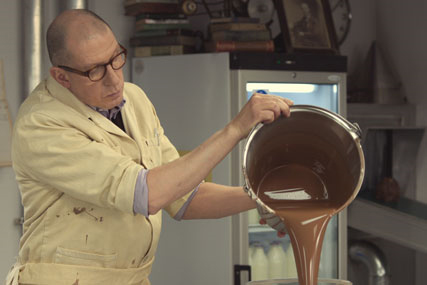
Speaking to analysts yesterday (15 September), Irene Rosenfeld, chairman and chief executive of Kraft, said marketing will play a central role in developing the company.
"We've built a solid foundation for growth. By leveraging our scale, making strategic investments in marketing, sales and innovation and establishing a world-class cost structure, we will take our performance to the next level," she said.
However, Rosenfield did not reveal any exact figures during a conference call to analysts.
The company said that the , which was completed in January this year, would add $1bn (£630m) in additional revenue. Kraft also said that it would deliver $750m (£480m) by 2013.
Kraft said the comprehensive review of the company's "power brands, global categories and regional business units" detailed the plan by which Kraft Foods will deliver organic revenue growth of five per cent or more, margins in the mid to high teens and earnings per share (EPS) growth of 9 to 11 per cent, making it a "top-tier" performer in the global food industry.
Rosenfield said she felt "terrific" about the integration of Cadbury and that future plans were to increase the market share of its brands such as Cadbury’s Dairy Milk and Kraft’s Dairylea through a boost in marketing spend and a strategic outlook.
"Today's Kraft Foods is a global snacks powerhouse with an unrivaled portfolio of leading regional and local brands," said Rosenfield.
"This unique and complementary combination, together with our significant presence in high-growth developing markets, will deliver consistent growth in the top tier of our peer group."
The company singled out high-margin snacks and regionally-based brands as the key drivers of its growth strategy for the coming years.
With annual revenues of approximately $48bn (£30.7bn), Kraft is now the world's second largest food company after Nestlé.


.jpg)


.jpg)